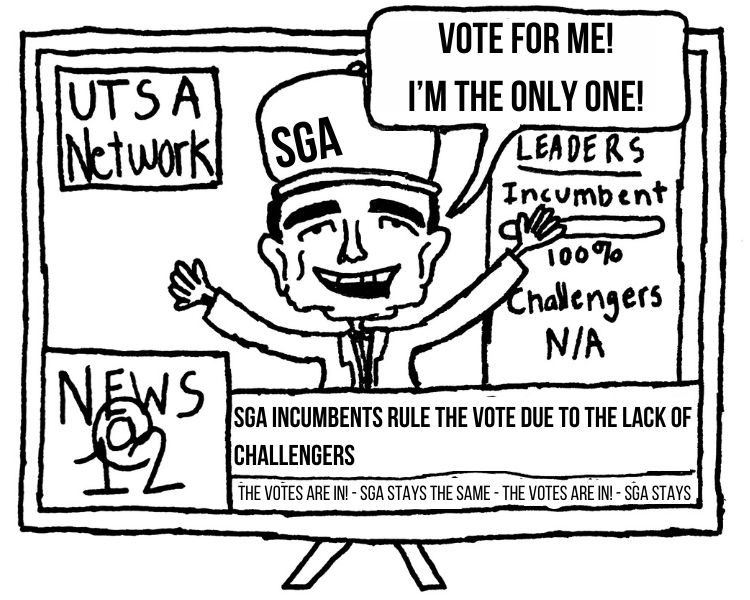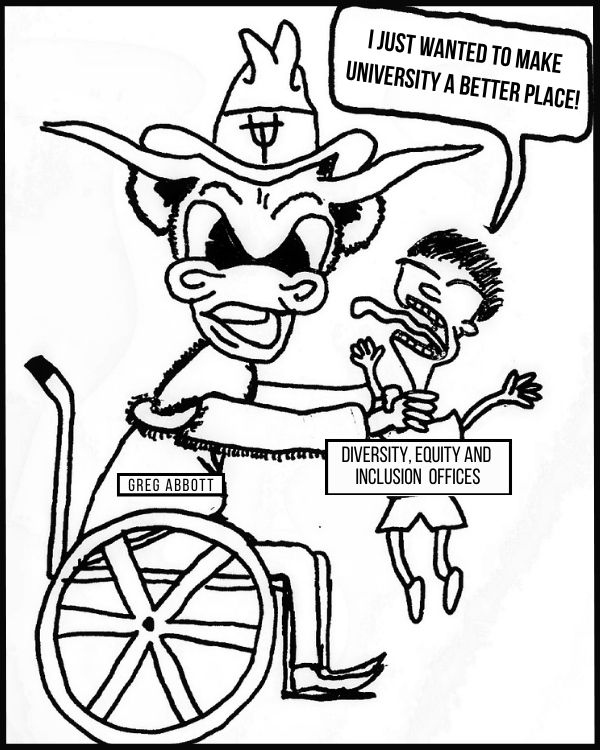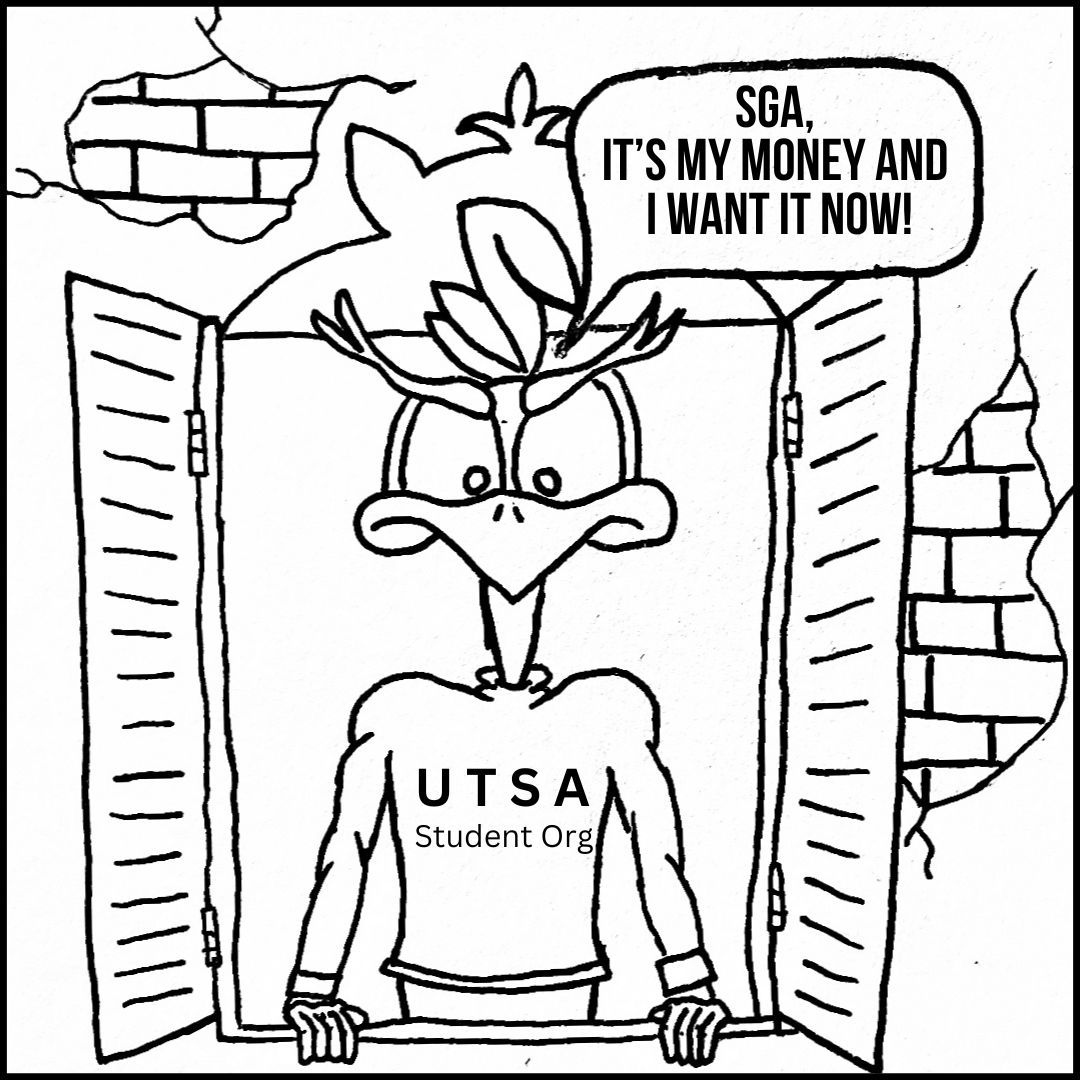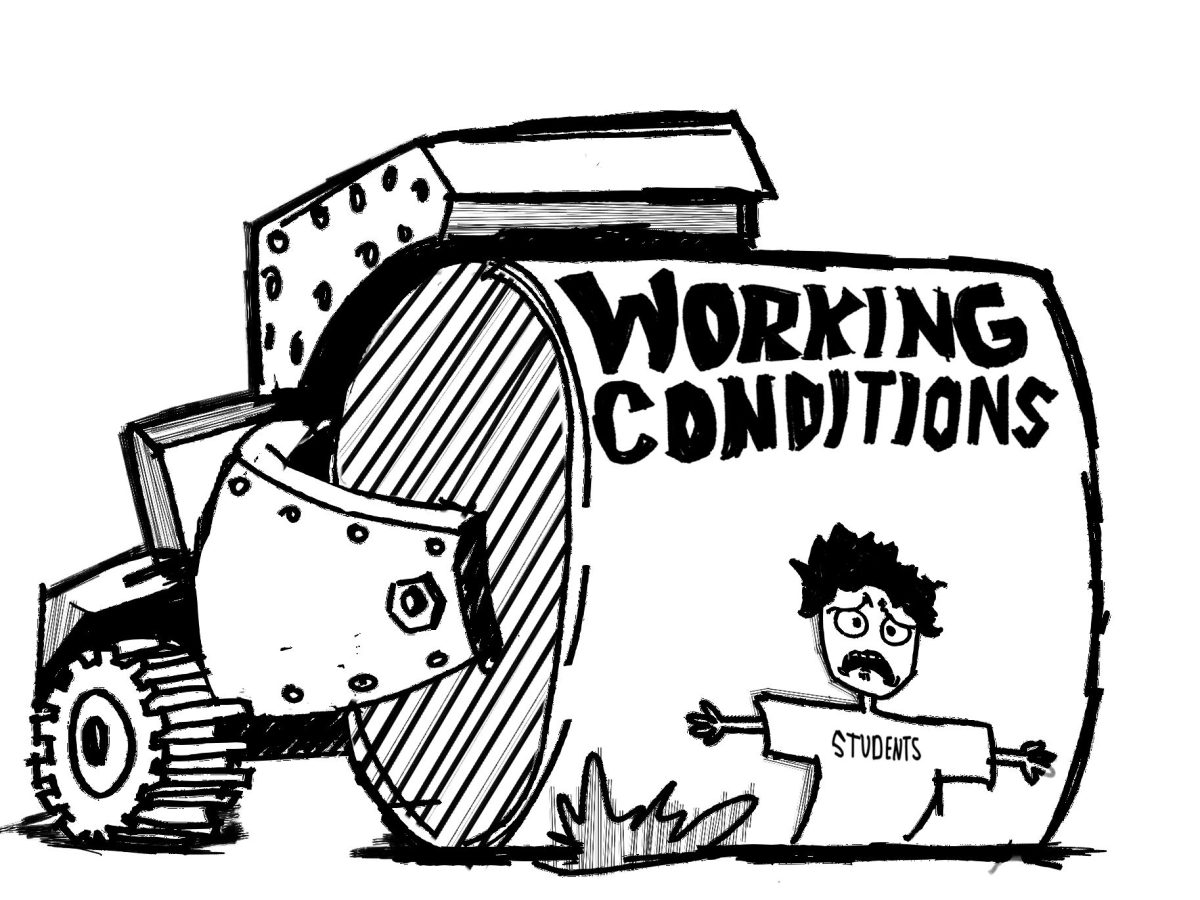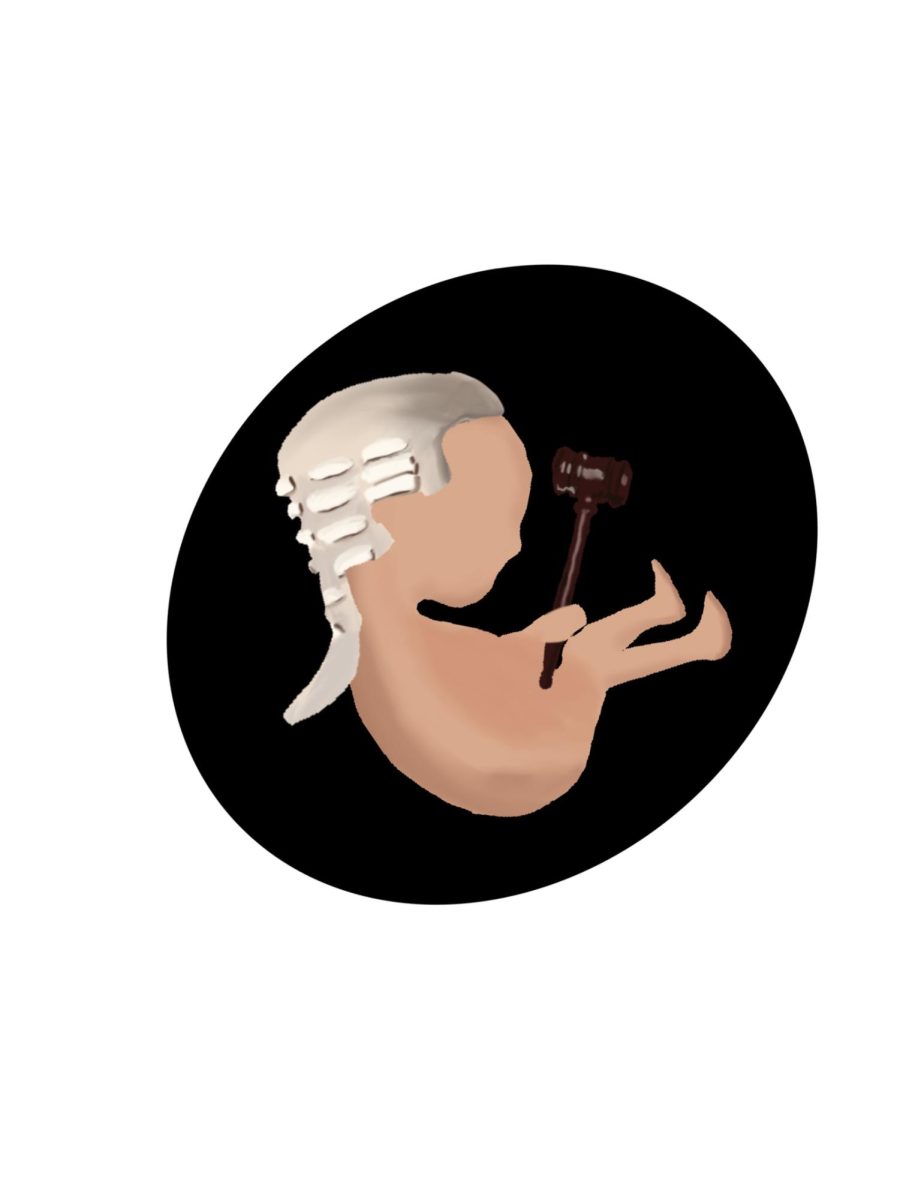Class attendance is often a double-edged sword for students figuring out how to organize their time. Students are faced with many choices from where to park to which major to pick. College is the first time many students will be faced with complete independence.
Unlike the high schools from which many students have just come, the definition of mandatory attendance is blurred. Many professors enact policies designed to incentivize attendance; however, repercussions are more abstract and less severe than those students faced in high school.
While mandating class attendance seems like an obvious rule, could some professors be stifling students with strict attendance policies?
UTSA’s Handbook of Operating Procedure’s (HOP) attendance guidelines leave a lot of discretion to the professor. Professors are required to allow absences for university-sanctioned events, religious holidays and military service. If a student is subjected to an extenuating circumstance, the degree of required classroom participation and make-up work is left to the instructor’s judgment.
Each instructor is required to outline his or her own personal attendance requirements in the class syllabus. While some professors have a lax attendance policy, others deduct points from a student’s final grade after only a few absences.
Class attendance is undoubtedly a precursor to academic success. Not only will students who attend class have information directly explained by the professor, but they will also be able to ask questions and engage in discussions. These class discussions are an important component for learning what to know and, perhaps more importantly, how to think.
For a student who misses class, an absence will ultimately be reflected in a student’s performance without an additional penalty. Classes that truly engage a student will cause a student’s grade to suffer when class is missed. If the student’s grade doesn’t suffer, something is wrong with the class.
Inflating grades with class attendance points inaccurately represents a student’s ability.
When did we start rewarding students for simply being physically present? After all, it takes a mental presence to truly reap the benefits of attending class.
The university is required to excuse absences for university-sponsored events such as an athlete’s game or a musician’s band concert. However, extenuating circumstances, which are left to the discretion of the professor, may not be excused. Valuing extracurricular absences over personal absences puts non-traditional students at a disadvantage. Rather than being excused by the university, a single mom taking care of her child, or a financially struggling student called into work will often not receive an official excused absence, and their grades could suffer as a result.
If these students subjected to circumstance demonstrate the same level of knowledge as their peers, their grades should reflect that.
Determining the importance of an attendance policy can be reasoned by examining the role of the university itself. At its core, the university is responsible for teaching students and preparing them for the real world. Do attendance policies teach a valuable lesson, or do they simply overreach the boundary of student guidance?
College is a time to transition into adulthood, and students should be treated as adults. Instilling students with a desire to work hard and put effort into a class is far more important than asking students to physically be present in a classroom — especially if being present entails checking Facebook or sleeping.
Once students graduate from UTSA, they will be thrust from the structure of institutionalized education. No one will tell them to attend class, to stay awake, to participate — the time to learn that is now.
Sure, many students may make mistakes, and their grades will reflect that, but that’s what college is about. It’s a space where young adults can make mistakes and learn from them without the severe consequences that might be experienced in the “real world.”
It’s time for the university and professors to encourage learning for the sake of learning — whether or not students attend is up to them.


